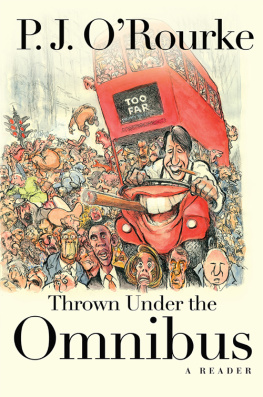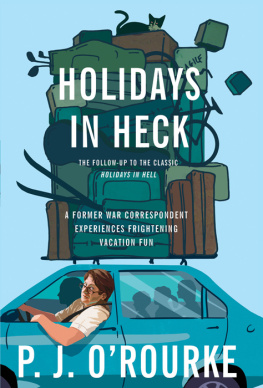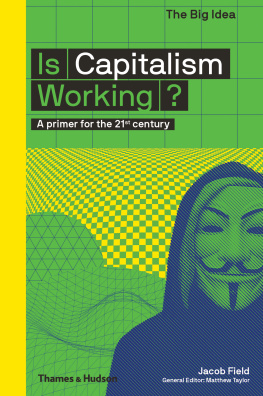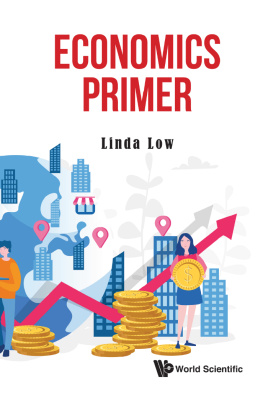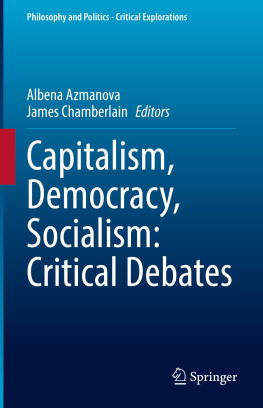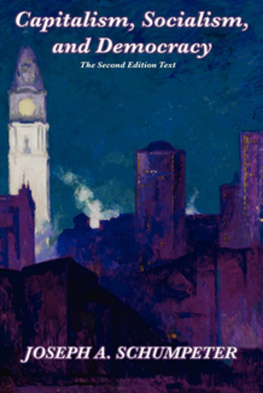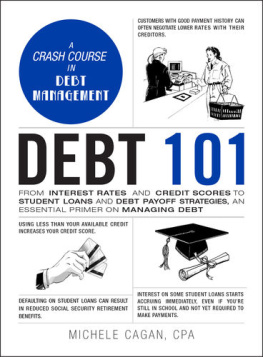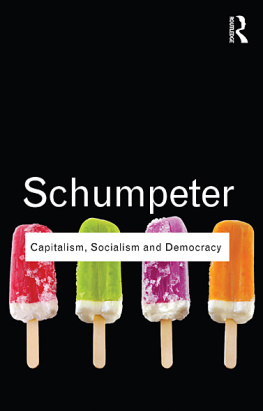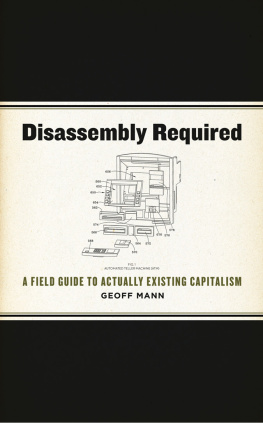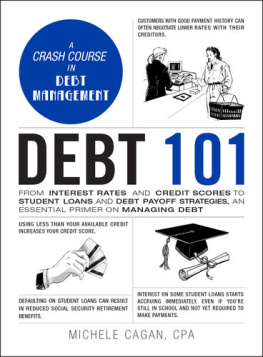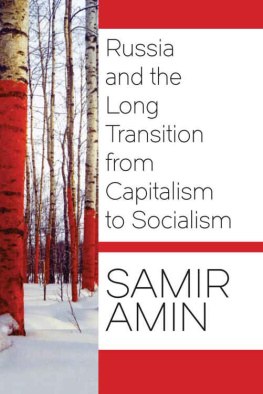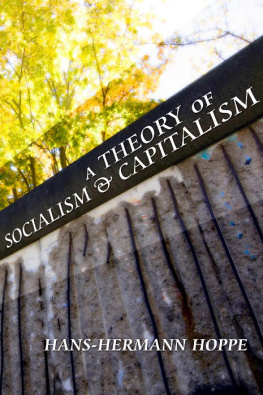ORourke - Eat the Rich
Here you can read online ORourke - Eat the Rich full text of the book (entire story) in english for free. Download pdf and epub, get meaning, cover and reviews about this ebook. City: New York, year: 1998;1999, publisher: Grove Atlantic;Atlantic Monthly Press, genre: Art. Description of the work, (preface) as well as reviews are available. Best literature library LitArk.com created for fans of good reading and offers a wide selection of genres:
Romance novel
Science fiction
Adventure
Detective
Science
History
Home and family
Prose
Art
Politics
Computer
Non-fiction
Religion
Business
Children
Humor
Choose a favorite category and find really read worthwhile books. Enjoy immersion in the world of imagination, feel the emotions of the characters or learn something new for yourself, make an fascinating discovery.

Eat the Rich: summary, description and annotation
We offer to read an annotation, description, summary or preface (depends on what the author of the book "Eat the Rich" wrote himself). If you haven't found the necessary information about the book — write in the comments, we will try to find it.
Eat the Rich — read online for free the complete book (whole text) full work
Below is the text of the book, divided by pages. System saving the place of the last page read, allows you to conveniently read the book "Eat the Rich" online for free, without having to search again every time where you left off. Put a bookmark, and you can go to the page where you finished reading at any time.
Font size:
Interval:
Bookmark:
EAT THE RICH
ALSO BY P. J. OROURKE
Modern Manners
The Bachelor Home Companion
Republican Party Reptile
Holidays in Hell
Parliament of Whores
Give War a Chance
All the Trouble in the World
Age and Guile Beat Youth, Innocence and a Bad Haircut
The CEO of the Sofa
Peace Kills
On The Wealth of Nations
P. J. OROURKE

Copyright 1998 by P. J. ORourke
All rights reserved. No part of this book may be reproduced in any form or by any electronic or mechanical means, or the facilitation thereof, including information storage and retrieval systems, without permission in writing from the publisher, except by a reviewer, who may quote brief passages in a review. Any members of educational institutions wishing to photocopy part or all of the work for classroom use, or publishers who would like to obtain permission to include the work in an anthology, should send their inquiries to Grove/Atlantic, Inc., 841 Broadway, New York, NY 10003.
Published simultaneously in Canada
Printed in the United States of America
Library of Congress Catologing-in-Publication Data
ORourke, P. J.
Eat the rich / P. J. ORourke.
p. cm.
ISBN-10: 0-87113-760-7
ISBN-13: 978-0-87113-760-9
1. EconomicsHumor. 2. MoneyHumor. I. Title.
PN6231.E295076 1998
330 .0207dc21
98-27100
Design by Laura Hammond Hough
Atlantic Monthly Press
an imprint of Grove/Atlantic, Inc.
841 Broadway
New York, NY 10003
Distributed by Publishers Group West
www.groveatlantic.com
07 08 09 10 10 9 8 7 6
FOR TINA AND ELIZABETH
I stole the title. But I dont know from whom I stole it. I may have lifted it from the 1993 Aerosmith CD Get a Grip, which has a song by the same name. But Colorado journalist Dan Dunn informs me that Aerosmith might have nicked it, too. Dunn says theres a tune with that moniker on Motorheads 1988 album, RocknRoll. And Motorhead may have filched the thing themselves, because I first saw the phrase on T-shirts worn by the Shiite Amal militia in Lebanon in 1984 or 1985. I dont know where the Amal got the phrase, but I assure you that they stole the T-shirts. Perhaps Eat the Rich is a part of the worlds folk-music heritage, the original version to be unearthed, by some archivist, from a forgotten Folkways recording, Songs of the Economic Advisers:
Kill the poor,
Eat the rich,
Screw every other son-of-a-bitch.
The rest of the book is my own work, for good or for ill, although I had a tremendous amount of help putting it together. As has been the case for the past thirteen years, Rolling Stone paid for the travel. All the foreign adventures and my trip to Wall Street first appeared, in modified form, in that magazine, and part of Chapter II appeared in Rolling Stones brother publication Mens Journal. I owe a huge debt of gratitude (and unfinished assignments) to Rolling Stones founder and editor in chief, Jann S. Wenner. Besides being a good friend, he has been a remarkably tolerant boss. Rolling Stone already had someone writing about political-economy issues, my ideological pal-in-opposition, National Affairs editor William Greider. When I went to Jann in 1995 and told him I wanted to write about economics, he was momentarily taken aback. But he didnt fire me. He just sighed and said, You mean I now have two lunatic economists on the staff of a rock and roll magazine?
Part of Chapter X also appeared in the London Sunday Telegraph. Editor Dominic Lawson thereby allowed me to get my anti-British feelings about the Hong Kong handover off my chest in a way that would offend the largest number of British people. Sorry. Im over it. I now realize that if Id owned Hong Kong, I would have given it back to the Chinese, too. Although not until they bought me some drinks. But Im Irish.
This book could not have been finishedor, at least, publishedif I hadnt gotten fabulous and fabulously necessary editorial help from Andrew Ferguson, senior editor at The Weekly Standard, and gotten good advice and hand-holding from Denise Ferguson. Whatever shape and structure the book has is due to Andy. The flabby and pointless parts are (as in my person, so in my work) mine The manuscript was then vetted by Nicholas Eberstadt, visiting scholar at the American Enterprise Institute and visiting fellow at Harvards Center for Population Studies, and by Mary Eberstadt, writer for The Weekly Standard and other fine journals. Nick did his best to make the logic of my economic arguments actually logical and tried to show me how to use statistics in an unstupid manner. Mary helped put flesh and (mores the pity) blood into the descriptions of the damage that totalitarianism does to people, and she tactfully pointed out a number of not-unstupid solecisms.
The magazine pieces that formed the raw material of this book were assigned and, in many cases, conceived by Rolling Stone managing editor Robert Love. His editorial craftsmanship was great, and his patience was extreme. Bob has a knowledge of journalistic storytelling, something that has always eluded me. Specifically he knows what part of a story is the beginning, what part is the middle, and what part is the endno small matter to the reader. Also a blessing was the help I received on Chapter II from an old friend, Mens Journal editor Terry McDonell, the person who hired me at Rolling Stone in the first place. Terry and Mens Journal senior editor David Willey helped me to explain high finance without exposing myself as the person who, in 1997, bought precious metals, held on to Japanese yen, and sold Pfizer short.
An enormous amount of unsung research-and-development grunt work was done by Tobias Perse. And more of the same was accomplished by Mike Guy and Rodd McLeod. Exhaustiveand exhaustingfact checking was done by Mary Christ, Sarah Pratt, Kim Ahearn, Erika Fortgang, and Gina Zucker. Any remaining errors of fact are the result of my own pigheaded persistence in error. Heroic copy-editing tasks (I cannot spell well enough to find the SPELL CHECK icon) were undertaken by Eric Page, Marian Berelowitz, Corey Sabourin, and Thomas Walsh. And Eric Page returned to do a copy edit on the book text and ruin his Memorial Day weekend with a case of Dictionary Eyes because the author didnt get the manuscript to him until the last possible minute.
The cover photo was taken by the brilliant David Burnett, who always makes me look more or less human. (His secret is that he uses someone else for the model.) Tommy Jacomo, magnificent manager of the Palm in Washington, D.C., threw all the semi-inebriated Capital big suits out of his establishment so that David could take the picture. The Washington Palm is the best restaurant in the world and the only place where you can see James Carville eat something other than Ken Starrs lunch. The little rich guy running away from me was drawn with skill and flair by Daniel Adel. And the whole cover composition was pulled together by Grove/Atlantic art director Charles Rue Woods, assisted by Whitney Cookman. They are geniuses. (One of the best things about writing Acknowledgments is that it gives a journalist a break from saying bad things about people. Also, sometimes he gets a free lunch.)
There are scores of other people about whom I have good things to say. When I started writing this, I was so ignorant of my subject that I thought economics were plural. A number of friends in the financial industry helped walk me through the basics, particularly Hugh Eaton, Richard Morris, and John Ricciardi, partners in the Cursitor-Eaton Asset Management Company, which is now a part of Alliance Capital; and Briget Polichene, former general counsel for the House Banking Committee. I was also assisted by the faculty and students of the Owen School of Management at Vanderbilt University. Dewey Daane, the Frank K. Houston Professor of Finance, emeritus, and a former governor of the Federal Reserve Board, explained money to mevery slowly and using words even I could understand. Luke Froeb, associate professor of management, gave me a pep talk and a reading list, but, most importantly, donated an item of his own classroom material titled A Traditional Economics Class in Only One Lecture. It was while reading this that economics began to make sense to me, specifically with the first two sentences of Froebs text: The chief virtue of a capitalist mode of production is its ability to create wealth. Wealth is created when assets are moved from lower- to higher-valued uses.
Next pageFont size:
Interval:
Bookmark:
Similar books «Eat the Rich»
Look at similar books to Eat the Rich. We have selected literature similar in name and meaning in the hope of providing readers with more options to find new, interesting, not yet read works.
Discussion, reviews of the book Eat the Rich and just readers' own opinions. Leave your comments, write what you think about the work, its meaning or the main characters. Specify what exactly you liked and what you didn't like, and why you think so.

